electropoetics
Tinkering with Media and Fiction
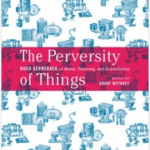
A timely revaluation of Hugo Gernsback, the Luxembourgish-American tinkerer who regarded science fiction not merely as a literary form or fantastic escape, but also, according to Grant Wythoff, as a way for readers to interact with and reflect on media and (not least) to know where tools can be found to gather knowledge on their own. More of a community of tinkerers than a literary movement or social media network, Gernsback's early and amateurish engagements with technology can help us to gauge what is lost in the transition to corporatist black boxery.
Literary Texts as Cognitive Assemblages: The Case of Electronic Literature
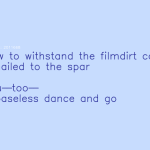
In a paper presented at the “Arabic Electronic Literature" conference in Dubai (February, 2018), N. Katherine Hayles considers born digital writing as a cognitive assemblage of technical devices and readerly, interpretive activity.
Minding the Electronic Literature Translation Gap
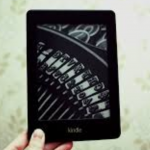
Agreeing that translation studies does well to address questions of transcoding, Nick Montfort further extends the project advocated by Maria Mencia, Soeren Pold, Manuel Portela (and our first respondent, Belgian Poet Laueate Jan Baetans). A look at explorations of the topic in early e-lit turns up longstanding interests in the translinguistic, transcreational, the metrical, material, and contextual. Montfort offers this itemization not just to enlarge a specific list and topology for translation studies, but to show that the concept of literary translation almost certainly needs to be exploded and reworked.
Grammalepsy: An Introduction
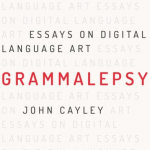
Cayley's book, Grammalepsy, is the first in the Bloomsbury series on Electronic Literature, due out this year (2018). A symptom of language whose therapeutic potentialities are passed over by commercial digitization, the term “Grammalepsy” suggests a lapse in designation. Cayley's book can remind us of the generative difference in any act of signification, in writing on a page no less than coding on silicon. There is no reason why the latter, so different from our neurological circuits, should be any better than any other conventional designation at encapsulating and communicating thought. The fact that literary theorists (and also digital makers like Cayley) place their work and thought self-consciously in the margins of what is now a digital consensus, suggests the presence of a long-standing (and continuing) literary counter-history to the Digital Humanities, that are too often characterized by datafication, single-entendre designation, and instrumentalist tendencies.
In Praise of the (Post) Digital
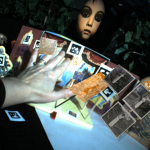
Indirectly responding to Callus's and Aquilina's essay, Anna Nacher finds a 14th way of describing e-literature: employing the Deleuzean concept of a minor
style.